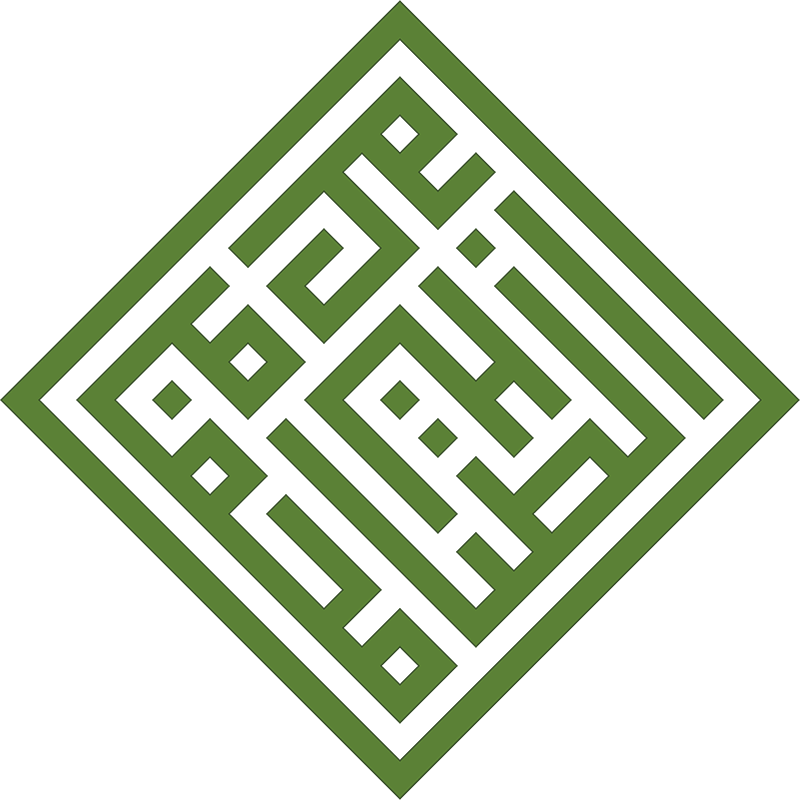سيد اسماعيل بهبهاني. “الحجة التراثية والثقافية في حماية الحيوانات المهددة: كتاب وحوش القصيدة.”
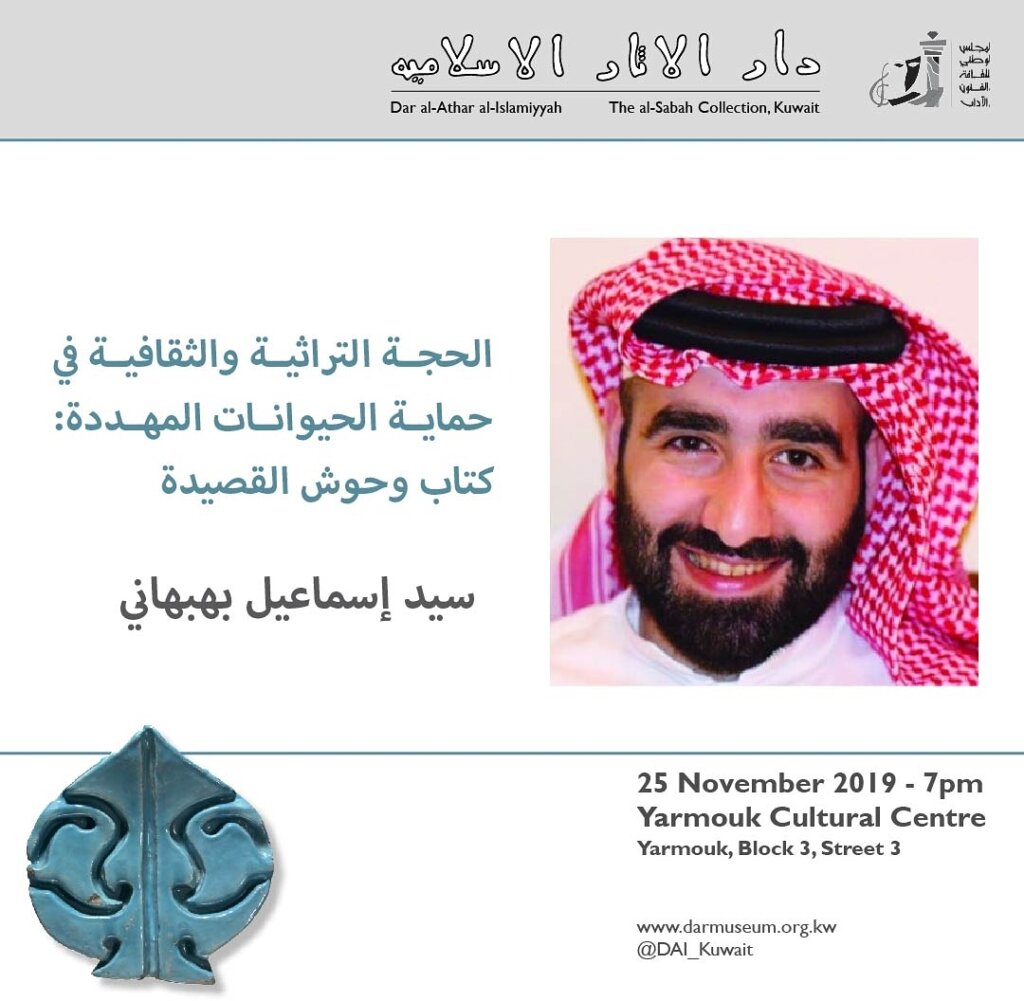
سيد اسماعيل بهبهاني سيد إسماعيل بهبهاني حاصل على الماجستير في التاريخ من جامعة أوكسفورد بروكس في المملكة المتحدة: ركزت أبحاثه حول نشأة الإسلام في البيئة الفكرية والاعتقادية العربية. وكان موضوع رسالته حول ما إذا كان أهل م ّكة من معتنقي ديانة كتابية (سماوية) قبيل الإسلام. صدر له كتاب وحوش القصيدة، والذي يؤرخ لدور الحيوانات المهددة […]
Complications of establishing the history of Kuwait
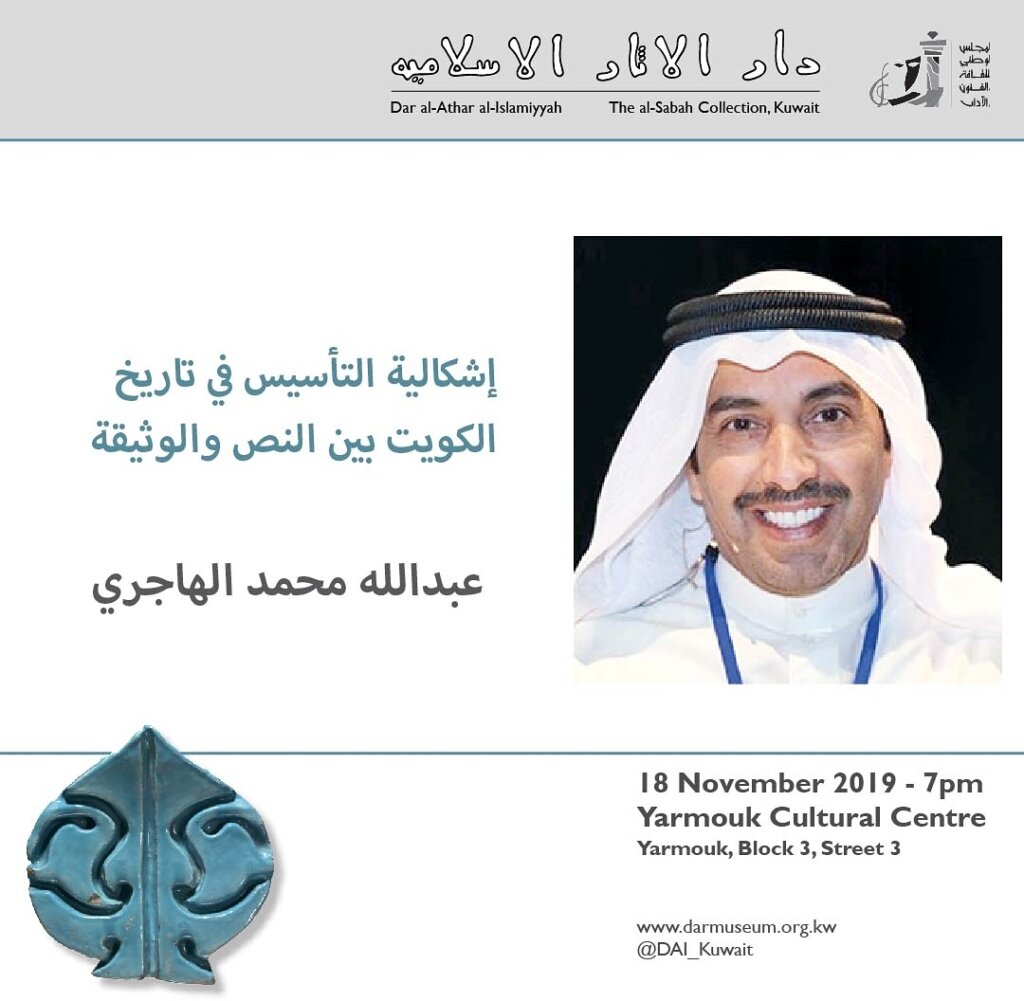
Dr. Abdullah Alhajeri entitled: “Complications of establishing the history of Kuwait” [presto_player id=8944]
Alison Shan Price. Gertrude Lowthian Bell CBE: Honorary Director of Antiquities of the Iraq Museum
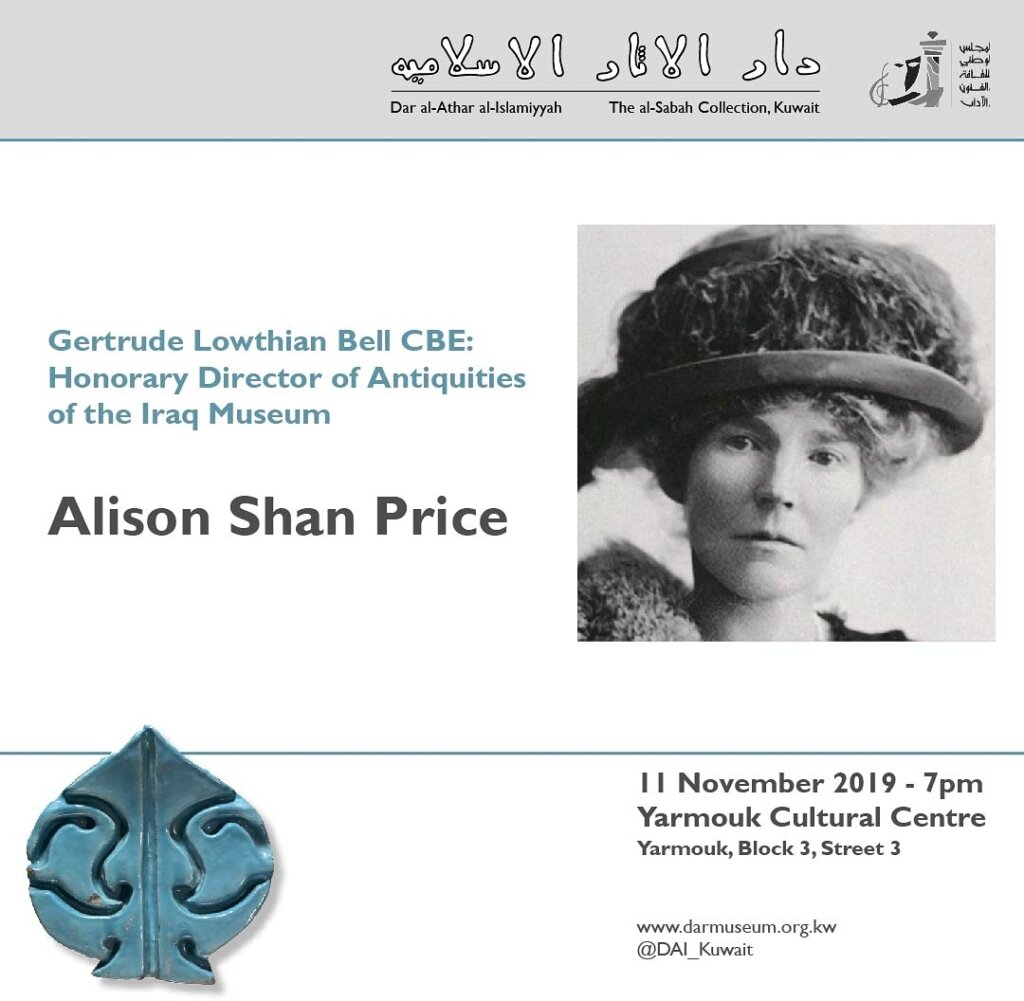
Alison Shan Price Founder of One World Actors Centre CIC (UK), Ms Alison Shan Price has lived in Kuwait for 35 years. In 2017, she was awarded an MBE by Her Majesty Queen Elizabeth for her services to the Dramatic Arts in Kuwait and the Middle East. This lecture is the fifth in the series […]
Sarang Sharma. Political Paradigms of the Mughal Gardens in South Asia: A study of the Mughal chahar- bagh gardens in Afghanistan, India and Pakistan
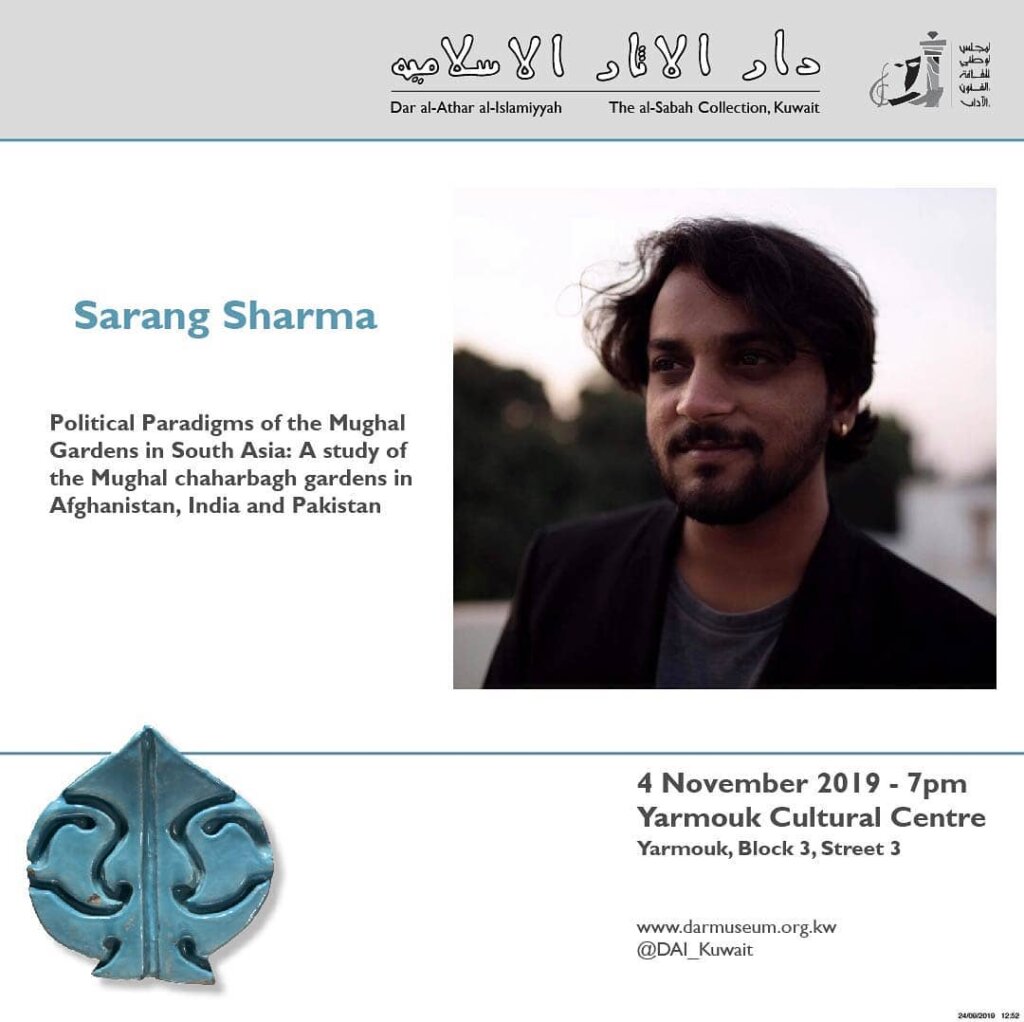
Sarang Sharma Mr Sarang Sharma, a junior research assistant in Pundole’s auction house, Mumbai, is pursuing his PhD on Pahari miniature painting. He completed his Masters in Art History and Aesthetics at The Maharaja Sayajirao University of Baroda, India, with emphasis on Islamic Art and Architecture. Specialising in Mughal architecture, Sarang’s thesis discusses the semiotics […]
History of Children’s Literature in the Arab World: The Beginnings
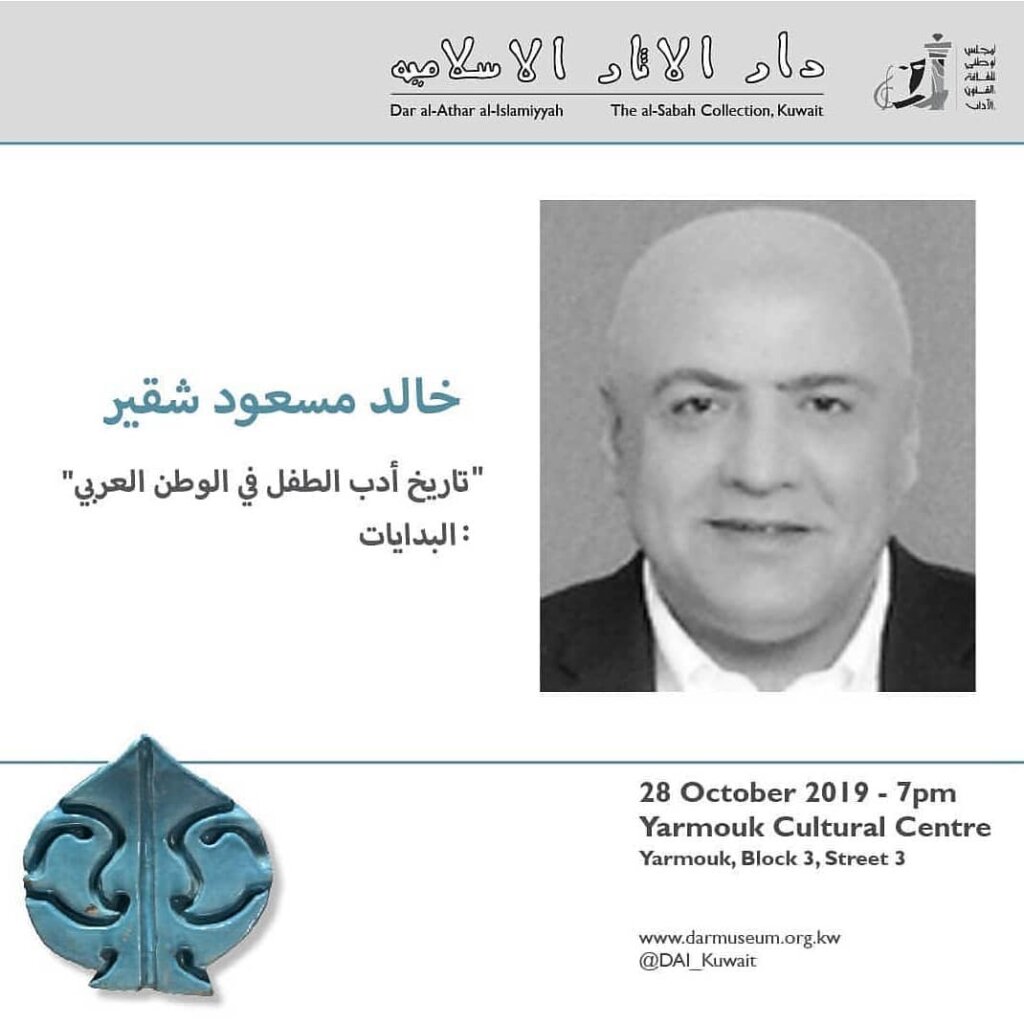
A lecture by Dr. Khalid Shuqair Khalid entitled : “History of Children’s Literature in the Arab World: The Beginnings [presto_player id=8936]
Tarif El Hoss. From Beirut to Siberia and Back: Life of an Ottoman officer in exile based on his unpublished war diaries (1916-1919)
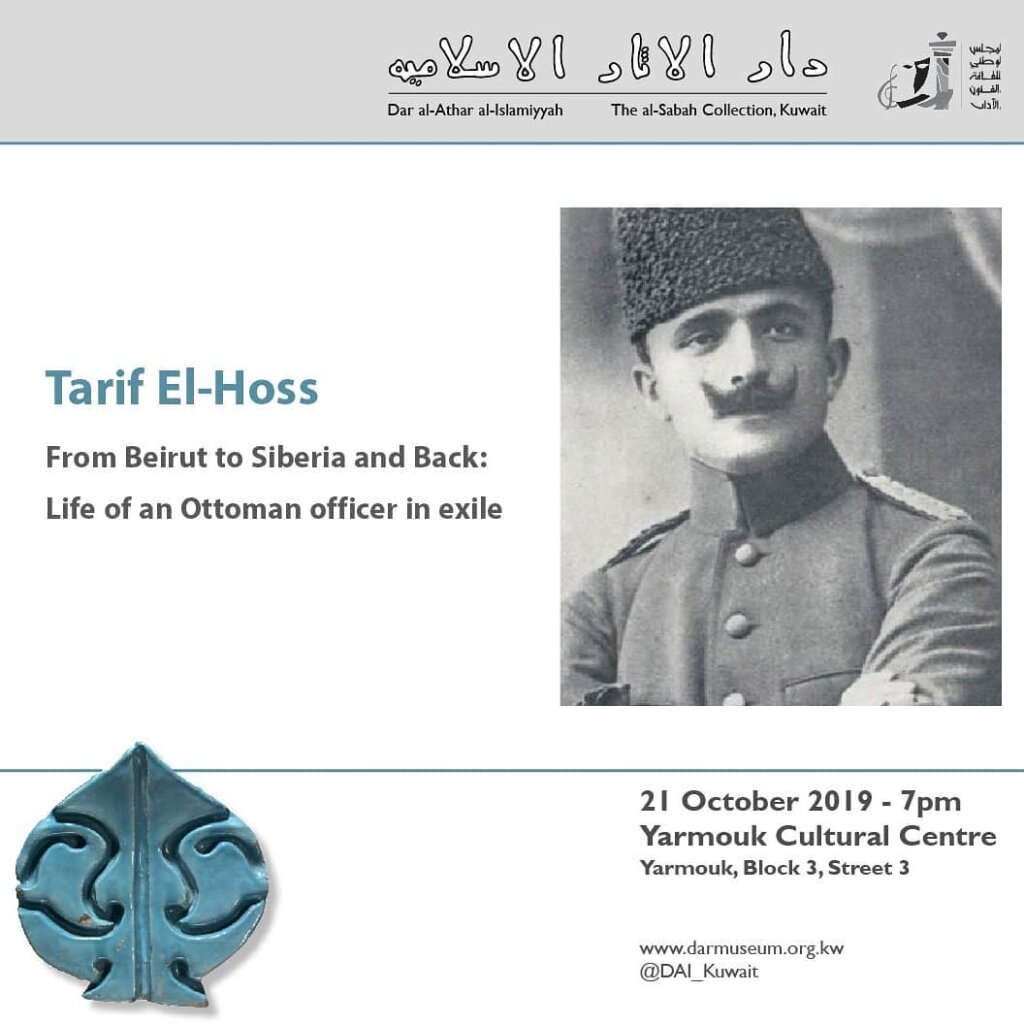
Tarif El Hoss. Mr Tarif El Hoss is an independant scholar. He is also a partner and managing director of El Hoss Engineering and Transport Company in Kuwait. In preparation for this lecture, El Hoss traveled across Russia on the TransSiberian Express to get a first hand view of the vastness of the area covered […]
“The Kitchen in Ancient Arabic Manuscripts: A Lexical Study” presented by Prof. Salam Diyab.
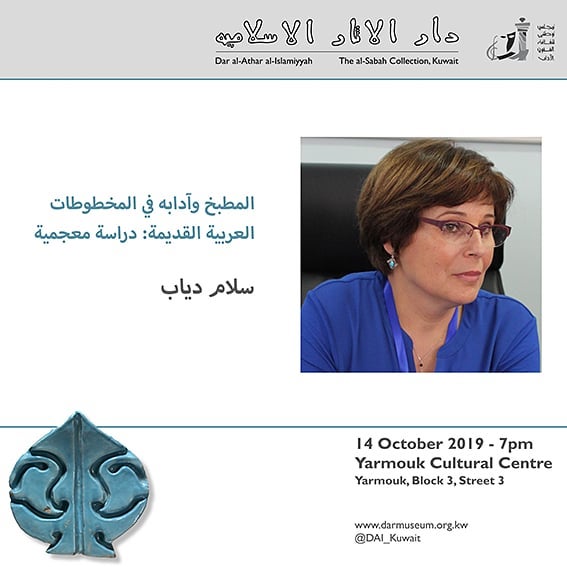
“The Kitchen in Ancient Arabic Manuscripts: A Lexical Study” presented by Prof. Salam Diyab. Lecture: The Arabs have always been interested in eating and food since ancient times. From early times, they created several books of food. The first reference to it in the history of Arab-Islamic civilization was contained in the Qura’an in Surat […]
Dr. Hashim Sarkis. What If?
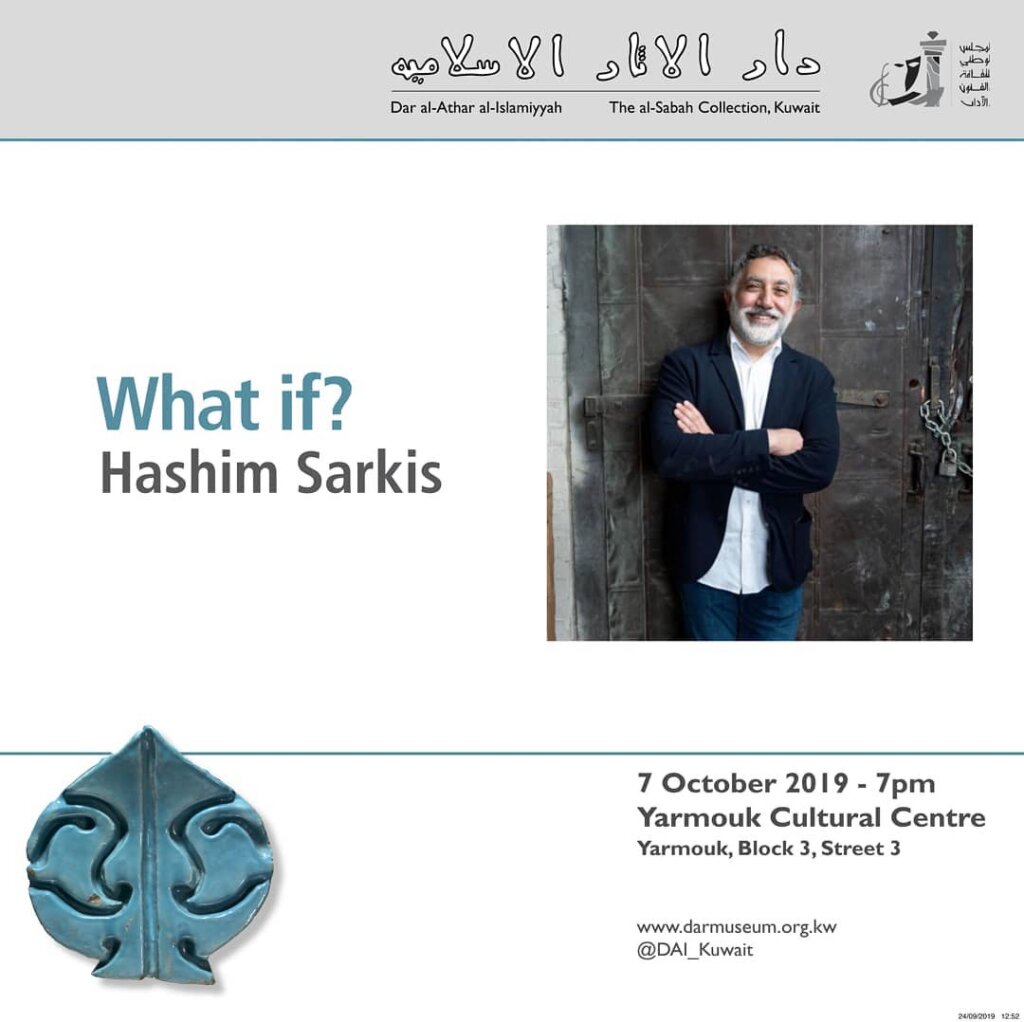
Bio. Dr. Hashim Sarkis is an architect, educator, and scholar. He is the principal of Hashim Sarkis Studios (HSS), established in 1998 with offices in Boston and Beirut. He is also the Dean of the School of Architecture and Planning at the Massachusetts Institute of Technology (MIT). Before joining MIT, he was the Aga Khan […]
Julian Raby. From the Founder of Constantinople to the Founder of Istanbul: Mehmed the Conqueror and the Church of the Holy Apostles.
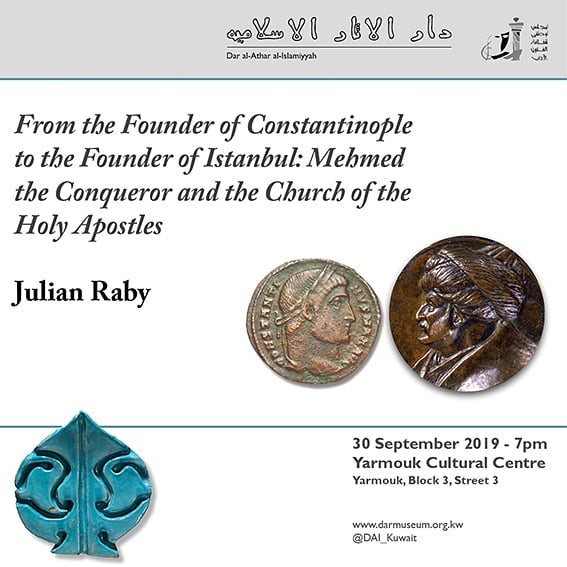
Bio. Dr Julian Raby is the director emeritus of the Freer Gallery of Art and the Arthur M. Sackler Gallery, the Smithsonian Institution’s national museums of Asian art in Washington DC. Before joining the Smithsonian in 2002, he was a lecturer in Islamic Art & Architecture at the University of Oxford for 22 years. He […]
Dr. Ziad Sayid Rajab. Important Manuscripts in the Tareq Rajab Museum
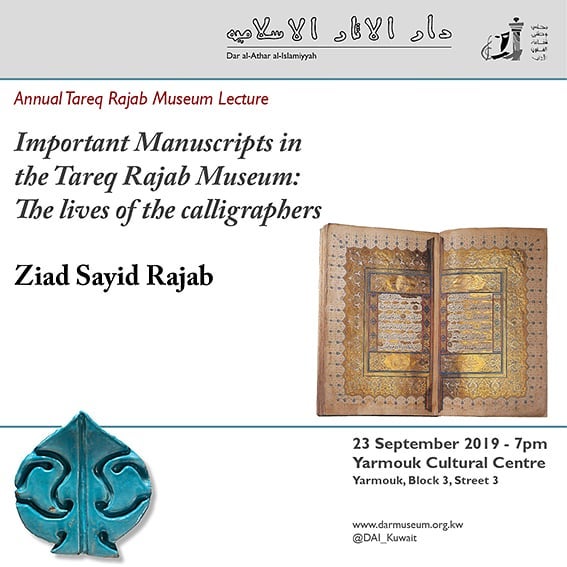
Bio. Dr Ziad Rajab is the director of the New English School and a Tareq Rajab Museum board member. In addition to being a human resource specialist, he is involved in the arts, and has non-professional certifications in bookbinding, illumination, portraiture, oil painting and pottery. He is also an accomplished flautist. Important Manuscripts in the […]
